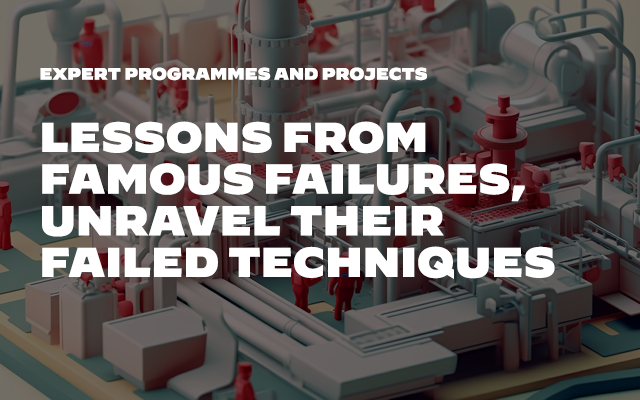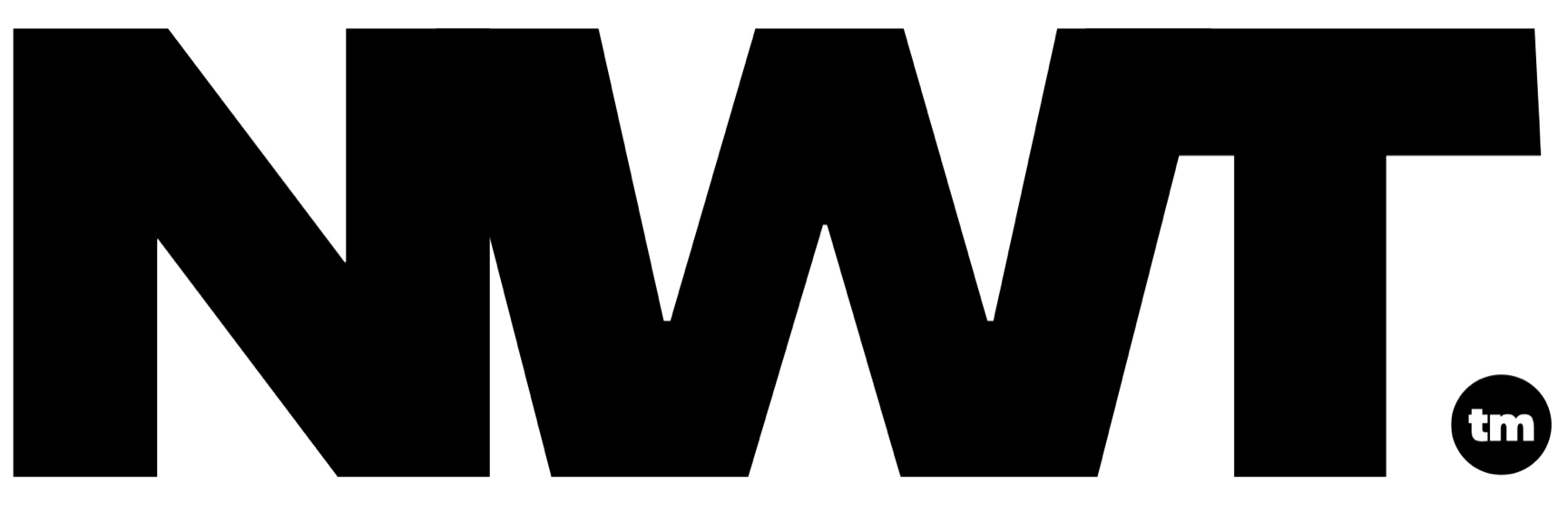Failed Projects: Well-known examples and reasons behind their failure


Starting a new project is usually an exciting venture, full of hope and the potential for success. But not all projects succeed in their stated objectives.
In actuality, the history of innovation is littered with failed projects that have imparted insightful knowledge to both groups and people. The necessity of careful planning, execution, and flexibility will be highlighted as we look at some well-known examples of failed projects and investigate the causes of their failure.
New Coke: Misalignment with Customer Preferences
A Bitter Taste of Failure
In the 1980s, The Coca-Cola Company launched a project that would forever be remembered as a marketing disaster – New Coke. In an attempt to combat declining market share, Coca-Cola reformulated its iconic soft drink, introducing a new taste.
However, the project failed miserably due to a significant misalignment with customer preferences. Consumers revolted against the new flavour, demanding the return of the original Coke. Coca-Cola was forced to reintroduce the classic formula as Coca-Cola Classic, acknowledging its mistake.
This failed project emphasizes the importance of understanding customer needs and preferences, conducting thorough market research, and involving end-users throughout the project lifecycle.
The Edsel: Poor Market Timing and Mismatched Expectations
The Car That Never Found Its Road
In the late 1950s, the Ford Motor Company set out to create a ground-breaking car that would revolutionise the industry. The Edsel, named after Henry Ford’s son, was launched in 1957 with immense marketing hype and high expectations.
However, poor market timing and a mismatch between consumer demands and the product’s features led to its ultimate failure. The Edsel was too expensive, lacked innovation compared to its competitors, and suffered from poor quality control.
Ford discontinued the Edsel project in 1960, costing the company millions. This failed project highlights the significance of aligning product development with market demands, managing customer expectations, and ensuring quality control measures are in place.
Google Glass: Falling Short of User Expectations
Visionary Innovation or Premature Idea?
Google Glass, a wearable technology that promised a revolutionary augmented reality experience, garnered substantial attention when it was introduced in 2013. But, despite the initial excitement, the project failed to meet user expectations and gain widespread adoption.
The high price, privacy concerns, limited functionality, and social discomfort associated with wearing the device all contributed to its failure.
Google Glass demonstrated that even with cutting-edge technology, projects can falter if they fail to address practical concerns and fit seamlessly into users’ lives. This failure emphasizes the importance of user-centred design, beta testing, and continuous improvement based on feedback.
The Fyre Festival: A Tale of Deception and Mismanagement
From Hyped Expectations to Disastrous Reality
The Fyre Festival launched in 2017, promised an exclusive music festival experience on a private island in the Bahamas. But attendees were met with chaos and disappointment.
The organisers focused on marketing without addressing logistical considerations, leading to inadequate accommodations and infrastructure. The event’s failure was rooted in deception, mismanagement, and overpromising.
The Fyre Festival serves as a cautionary tale, emphasizing the importance of transparency, meticulous planning, and realistic expectations in project execution.
Successful projects require trust, effective communication, and a realistic understanding of constraints to avoid catastrophic consequences
Why NWT?
Failed projects provide valuable lessons and insights into the challenges and pitfalls that can arise during the project lifecycle. The well-known examples explored in this blog post highlight the importance of diligent risk assessment, humility, customer-centricity, market alignment, and transparent communication.
NWT has tremendous knowledge and experience in delivering the most complex programmes of work. The strength of our team is our wealth of experience across a diverse range of business sectors and customers.


